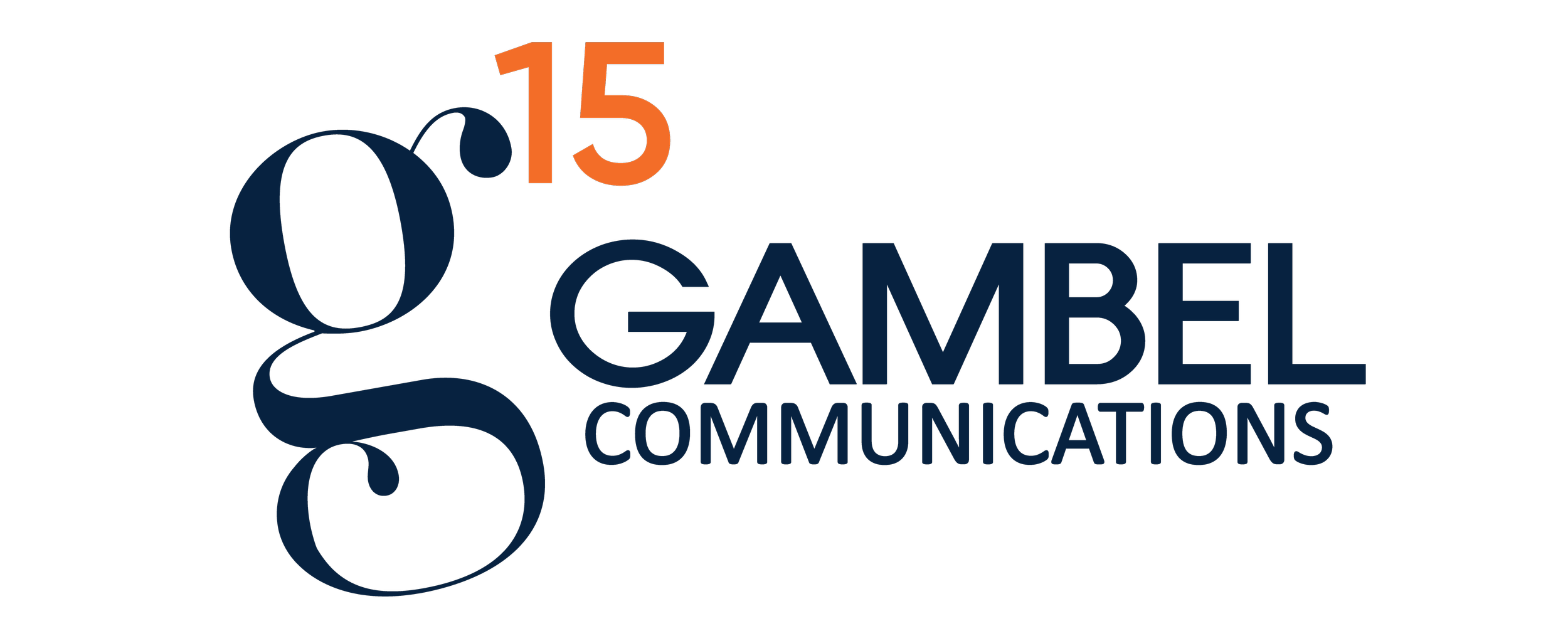Need a Do-Over: How to Make Your Days More Productive
At the end of a long, stressful and seemingly unproductive day, do you ever wish for a do-over? That happens all too frequently for most of us.
Children aren’t the only ones who need structure—regular mealtimes, bedtimes and quiet times. So do adults. Just as there is a rhythm in the natural world, when we have a pattern of rhythms to our days and nights, we typically experience more contentment, less stress and a greater sense of well-being.
The technology that’s supposedly expanded our world unfortunately hasn’t added extra hours to the clock. There are still only 24 hours in the day and so many more demands on our time: emails, text messages, Slack channels, calendar conflicts, deadlines and more deadlines.
Many of us are obsessed with personal productivity. When we don’t check off everything on our to-do list, we feel unproductive. Better time management? More proficient at multi-tasking.
In this new decade, we’re starting to figure out those may not be solutions. Instead, they’re part of the problem. Focusing on time management just reinforces the finite number of hours in the day and adds to our stress levels. And multi-tasking generally equates to lack of focus.
In a recent New York Times article, Wharton organizational psychologist Adam Grant advises that attention management is a better option. “Prioritize the people and projects that matter, and it won’t matter how long anything takes,” Grant writes. He defines attention management as the “art of focusing on getting things done for the right reasons, in the right places and at the right times.”
Here are a few things to consider as you shift from watching the clock to focusing your attention:
Being Motivated
Grant tells us that productivity struggles aren’t necessarily caused by a lack of efficiency but a lack of motivation. Not surprisingly, when we’re motivated and excited to do something, it takes less time than when we’re not. Since only doing things we truly enjoy isn’t a luxury for most of us, be aware of what interests you and what you view as boring or tedious. Then balance your time accordingly. Try doing the boring task first. You are likely to be motivated to finish it quickly and move on to more interesting projects.
Staying Focused
Guess which employee tends to be the most productive—someone in an office with a view of the beach on a sunny California day or the person in Chicago in winter whose office view is gray and dreary? Research shows that we’re actually most productive when weather is bad. A lack of distractions allows us to focus on the tasks at hand. Naturally, that means that productivity in New Orleans likely flatlines during the two weeks leading up to Mardi Gras!
Steve Jobs, whose ideas changed the world, admitted that great ideas can also kill productivity. He declared that “Focus is about saying ‘no’.” For him, focus was being able to turn down 1,000 ideas in order to meet one goal. Likewise, saying ‘no’ in the workplace helps us to carefully pick the work and negotiate deadlines to complete our most important tasks.
Getting in the Rhythm
Our circadian rhythm can also help in planning when we are most creative and productive. Learn to manage your energy. Morning people tend to be more analytical at the start of the day. Their creative work should be done in the afternoons or early evening. For night owls, flip creative projects to the morning and save analytical thinking for late afternoon. And when your energy is drained, so is your focus. Set the task aside until later or the next day.
Recovering Lost Time
We all suffer through the conference calls and webinars when suddenly realizing we’ll never get that hour back. The same goes for time lost on social media and in front of a television—i.e. years lost to Law and Order weekend marathons. Turn off and unplug when you’re trying to focus attention. Minimize your email or silence notifications when concentrating on a task at hand. Unless you have a specific reason to check Facebook, wait to scroll when standing in line at Trader Joe’s, on the streetcar or any time when you can’t be doing anything else.



